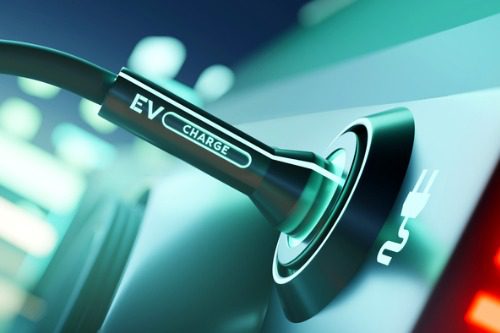The top concerns about owning an Electric Vehicle

Authored by Aviva
43% of current or would-be drivers of electric vehicles say running out of charge and being left stranded is their greatest concern42% list the availability of charging points on long journeys as an issueAviva direct motor customers who find their electric vehicle out of charge can now get it powered up at the roadside or towed to the nearest charge point by an RAC patrolAnd should their home charger break down, Aviva will send a HomeServe engineer to repair or replace it
Running out of charge and being left stranded at the roadside is the main concern of drivers of electric vehicles (EVs) and those thinking of buying or leasing one, new research from Aviva shows.
More than four in 10 (43%) cite this as a concern while 42% list the availability of charging points on long journeys as an issue.
More than a third (36%) are concerned about the availability of charging points closer to home.
But help is at hand from Aviva. If a customer’s battery EV runs out of charge, the insurer will now arrange for the RAC to attend. They will either recharge the vehicle with enough power to get them to a working charge point, or tow it home or to the nearest working charge point, whichever is closer, subject to terms and conditions.
And there is further peace of mind for EV drivers with Aviva motor insurance. They are also covered for electrical breakdown of their home charging point, along with the electrical wiring from the fusebox to the charge point. If this happens, Aviva will arrange for HomeServe to send out an approved engineer to repair or replace the charge point, subject to terms and conditions.
All EV drivers with Aviva private motor insurance policies bought direct from Aviva now have these covers included as standard, with plans to introduce them to Aviva policies bought through price comparison websites and brokers from early next year.
If you already own an EV or are likely to buy (or lease/loan) one in the next five years, which of the following are you concerned about, if any?
Public EV charging points are an increasingly common sight across the UK. At the end of October, there were nearly 36,000 in more than 21,000 locations, a 35% increase on the October 2021 figure, but Aviva’s findings suggest many current and would-be EV drivers still worry about finding one when they need it.
The sale of new cars and vans with petrol and diesel engines is set to be banned from 2030, and the government has introduced a target to increase the number of public charging points to at least 300,000 by the same date in a bid to boost the take-up of EVs.
But Aviva’s research suggests there is still some way to go. Asked how likely they were to buy, lease or loan an EV in the next five years, 26% say they are either very or somewhat likely to, while 48% say they are either somewhat or very unlikely to.
Matthew Washer, Head of Connected Motor at Aviva, says: “More and more people are discovering the benefits of switching to electric vehicles, and while public chargers are coming on stream all the time, our research clearly indicates that running out of charge is still a big concern for drivers.
Aviva is giving them one less thing to worry about by teaming up with the RAC to offer out-of-charge cover as standard, enabling them to carry on their journey or get home safely.
We’ve got them covered at home, too. If their home charging point breaks down, or the wiring between it and the fusebox does, we’ll send a HomeServe engineer to repair or replace it.
We’re delighted to be able to provide our customers with some extra peace of mind, and we hope it may encourage even more people to make the switch and go electric.”
Aviva is the first major insurance company in the world to target Net Zero carbon emissions by 2040 and insures one in nine EVs in the UK. It has also committed to transition its entire fleet to EVs by 2025 and install charging at core sites.





